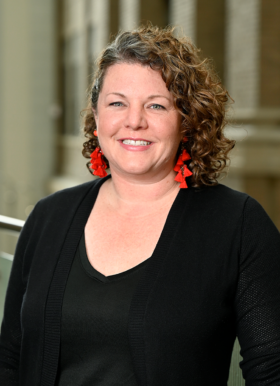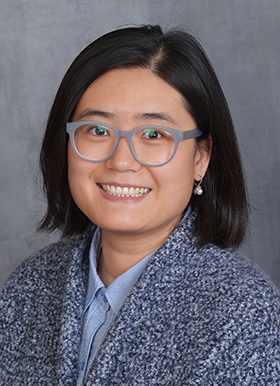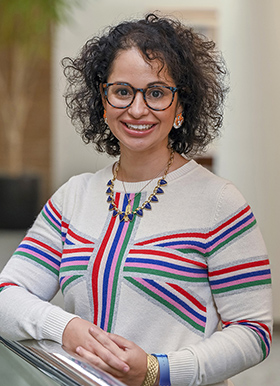
The Program Evaluation and Continuous Quality Improvement (PE/CQI) Unit is dedicated to overseeing the evaluation of the MD education program and various programs under the education purview. We work closely with those in the Office of Education to collect, synthesize and present evaluation data that will drive change and align with accreditation requirements and institutional strategic planning.
Mission: Provide critical information and analyses to education leaders through program evaluation and continuous quality improvement for the advancement of educational programs at Washington University School of Medicine.
Program evaluation is a systematic method for collecting, analyzing, and using information to answer questions about projects, policies and programs, focusing on effectiveness and efficiency in collaboration with stakeholders.
Continuous quality improvement is the ongoing process that evaluates our programmatic quality and ensures effective monitoring of medical educational programs and compliance with accreditation standards.
Vision: Continuously improve the quality of programs to create the future of medical education
Specifically, our unit is responsible for:
- Conducting continuous quality improvement as it relates to accreditation requirements and institutional education strategic planning

- Implementing the Gateway Curriculum program evaluation plan
- Optional student feedback: Throughout the Gateway curriculum, students have the option to provide feedback at any time using an individual optional student feedback link that is provided. This feedback is monitored closely and can be used to make changes or to amplify successes in real time.
- Advisory groups: Student advisory groups are intended to obtain feedback from students about their experiences. The sessions are attended by representative from administration, Medical Education Representatives (MERs), students who serve as liaisons to the various components of the curriculum, and at-large students. Each advisory group member is asked to reach out to classmates to gather an array of opinions about what is working well and what can be improved. The discussions from the advisory groups are shared with leadership and changes are made when applicable.
- End of course evaluations: At the end of each course, evaluations will be opened and students are required to complete them in order to assess what is working, areas for improvement and recommendations. The evaluations will ask appropriate questions about course and thread content. Data gathered from the end of course evaluation is compiled and proposed course changes and enhancements are collected in the formal course report.
- Administering, analyzing and presenting end of phase surveys (EOP1, EOP2, EOP3 and Post Graduation Year 1)
- Analyzing and presenting Association of American Medical Colleges surveys (MSQ, Y2Q, GQ and Resident Readiness)
- Supporting health professions education scholarship, such as research and program evaluation
- Consulting on evaluation of programs to identify short, medium and long-term goals and data collection methods as evidence of attainment
- Fulfilling requests for data for research, program/curriculum evaluation, or other scholarly projects
Contact information
Office location: Bernard Becker Medical Library, Room 301 (Third Floor)
660 S. Euclid Ave. St. Louis, MO 63110
Mailing address: 660 S. Euclid Ave. CB 8214, St. Louis, MO 63110
Email: PECQI@wustl.edu
Hours: 8 a.m. – 5 p.m., Monday-Friday
Our team

Eve R. Colson, MD, MHPE
Associate Dean, Program Evaluation and Continuous Quality Improvement
- Phone: 314-747-4291
- Email: eve.colson@nospam.wustl.edu
“The goal of our unit is to create a system in which program evaluation and continuous quality improvement is seamless and transparent to drive change and create the future of medical education.”

Leslie Blaylock, MEd
Director of Innovation and Continuous Quality Improvements
- Email: llblaylock@wustl.edu



